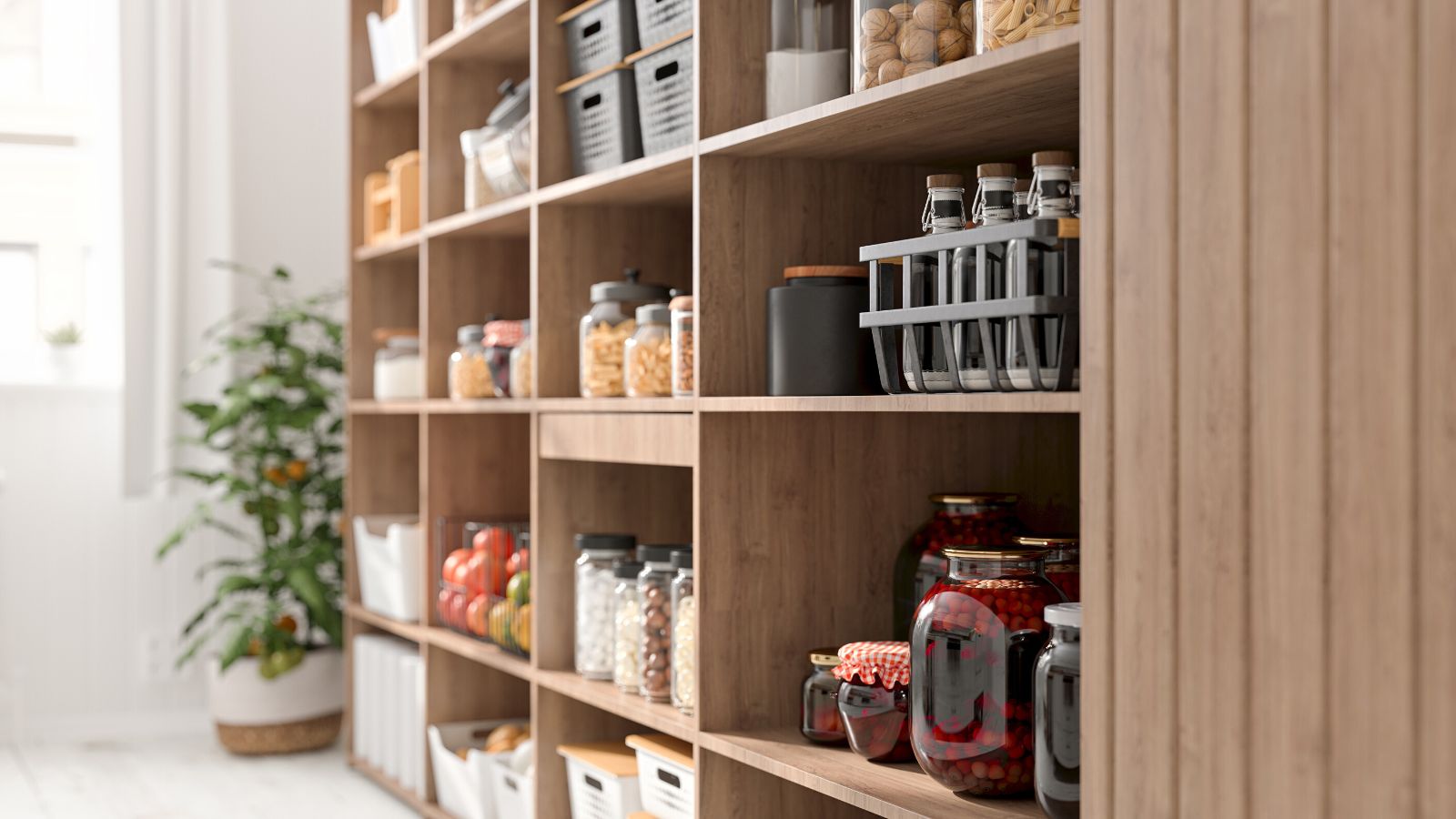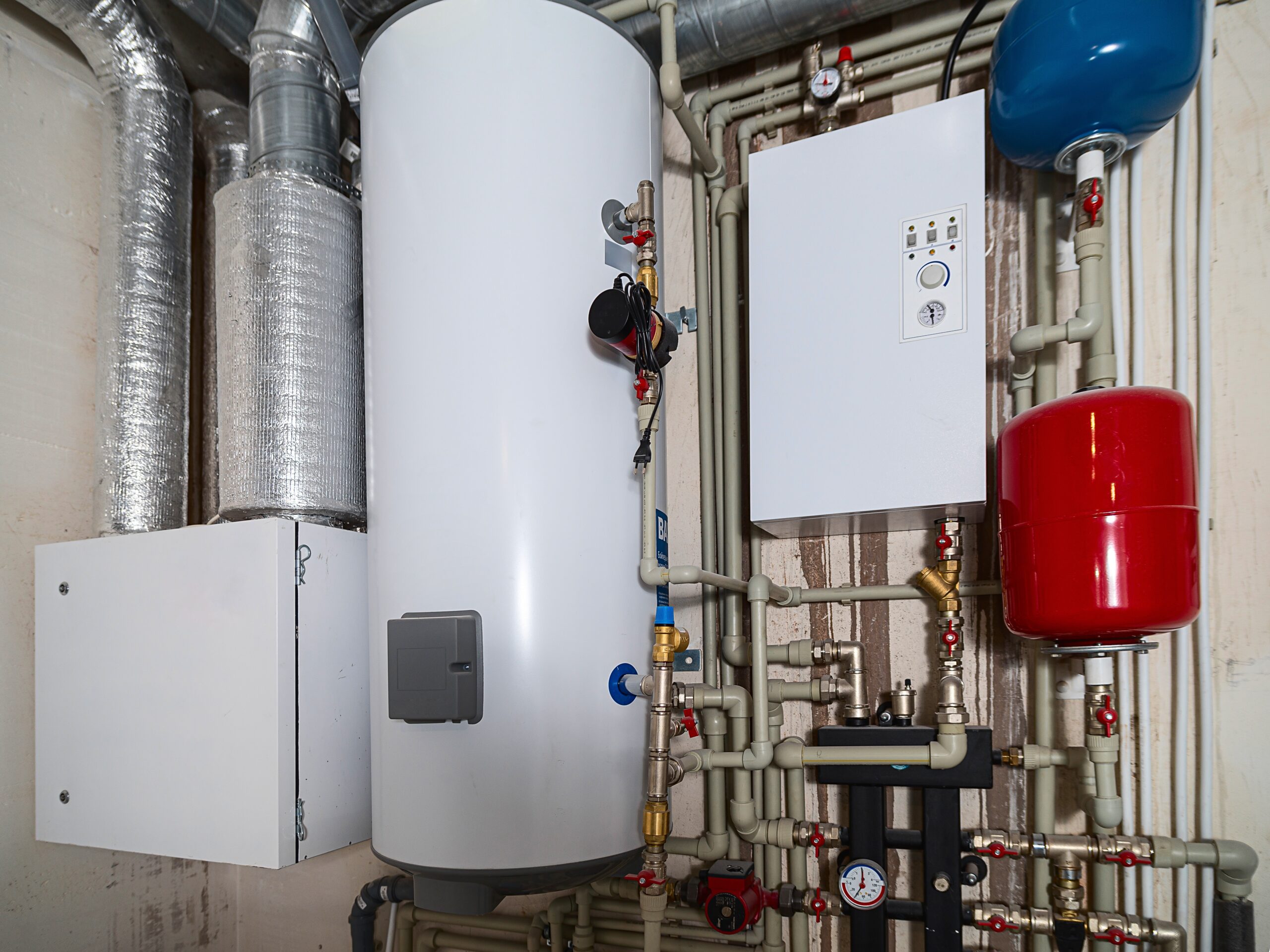10 Items You Should Never Store in Your Pantry

A well-organized pantry provides convenience as well as storage space for all your kitchen essentials like baking products, pasta, grains, etc. However, many people put all the kitchen-related stuff, which can clutter your pantry and lead to some serious consequences.
For example, improperly stored food can not only deteriorate in quality but also pose a health risk. But worry not – in this blog post, we’ll explore some common items that should never be stored in your pantry and discuss where they should be kept.
Potatoes
Potatoes are one of the main food products in many households, but you should never store them in your pantry. The warm and dark conditions in the pantry can encourage sprouting and make them soft and not suitable for cooking.
Moreover, when potatoes sprout, they produce solanine – a toxic compound which, if consumed in large amounts, is harmful and can lead to health issues.
To store your potatoes properly, choose a dry and cool place with good air circulation, such as a basement or cardboard box in a cool corner of your kitchen. This will extend their shelf life and keep them fresh for your favorite recipes.
Onion
Onion is also one of the products that you should never store in the pantry. It needs proper temperature and air circulation to stay fresh and last for longer.
That’s why when stored in a pantry, onions can become soft and develop mould, which makes it unsafe to eat. What’s more, it can start to rot, leaving a bad smell in the entire kitchen.
Better store onion in a cool and dry place with good ventilation and out of direct sunlight. However, avoid also keeping the onion in the fridge as the humidity will make it ripen and rot faster.
Maple Syrup
Many people think that just like honey, maple syrup is shelf-stable, and it is OK to keep it in the pantry. Nevertheless, maple syrup, especially organic varieties, can grow mould at room temperature.
So, to store it properly, keep the open syrup in the refrigerator. The cold temperature will prevent mold growth and maintain its color and flavor, ensuring it remains in perfect condition for longer.
Oils
Cooking oils are a kitchen essential, but they are highly sensitive to light, heat, and air. Storing oils in the pantry exposes them to these elements and leads to rancidity and a loss of flavour, which makes them unsuitable for cooking.
To maintain the quality and flavor of your oils, keep them in a cool, dark cupboard away from direct light and heat sources.
Coffee Beans
If you are a fan of coffee, you might be tempted to store your coffee beans within arm’s reach in the pantry.
However, coffee beans are sensitive to moisture, light, and strong odours, and exposure to these factors can affect the flavor and aroma of the beans, ruining the taste of your favourite drink.
That’s why, to keep the coffee fresh and flavorful, store it in an airtight container in a cool and dry place far from direct sunlight, heat, or strong odors.
Cleaning Products
Cleaning solutions are hazardous, so they should never come into contact with your food. That’s why products used for domestic cleaning shouldn’t be kept in the pantry.
Over time, they can corrode and leak, contaminating the food. Besides that, the pantry provides easy access to these items, so if you have children or pets, they may accidentally ingest something harmful.
To prevent any incidents, ensure your cleaning products are in an out-of-reach place in the utility closet, the garage, or a high shelf in the bathroom. By keeping them away from food, you’ll guarantee the safety of your family and your peace of mind.
Unsealed Packages
Products like chips, crackers, and cereal should be properly stored after opening to maintain freshness. Leaving them unsealed and keeping them in the pantry can lead to staleness and attract pests. Think about investing in resealable bags or containers to keep these items fresh for longer.
Canned Foods
Canned foods are convenient and have a long shelf life, but this doesn’t mean that they can’t spoil. High temperatures can cause the cans to deteriorate and lead to leaks or bacterial contamination. So, to ensure the safety and good quality of your canned goods, store them in a cool and dry place.
And once you open a can of food, it’s no longer safe to store it in the pantry. Opened cans should be transferred into airtight containers and refrigerated. This will prevent bacterial growth and maintain the quality of the food for longer.
Medications
Although it seems convenient, keeping medications in your pantry is not recommended. This may not provide the ideal storage environment and pose a risk, especially if you have young children.
Medications, especially those that require specific temperature and humidity, should be stored in a cool, dark and dry place. Choose a place out of children’s reach, like a high cabinet or a storage box away from the hot appliances and sink.
Kitchen Appliances
Many people don’t have enough space in the kitchen for all the appliances they have and end up putting them away in the pantry. This happens especially with devices that aren’t used often.
However, it is a mistake because kitchen appliances clutter your pantry and take up valuable storage space which can be used better.
So, instead of crowding your pantry with unused kitchen appliances, go through them and decide which ones you can use in future and which you don’t need. You can either sell or donate them or even gift them to someone who may find them useful.
In that way, you will clear up valuable storage space for items you use regularly and keep your pantry well-organised.
Conclusion
Being aware of what items you should never store in your pantry can minimise food waste, prevent contamination, and ensure the longevity of your products.
To prevent ending up with a lot of expired products, avoid putting food that needs refrigeration in the pantry, try to always keep track of the dates and use up opened items first.
Follow the recommended storage guidelines for each item, and periodically go through your pantry as part of the domestic cleaning of your home. All this will help you preserve the good condition of your items and ensure that your pantry is well-organised.




